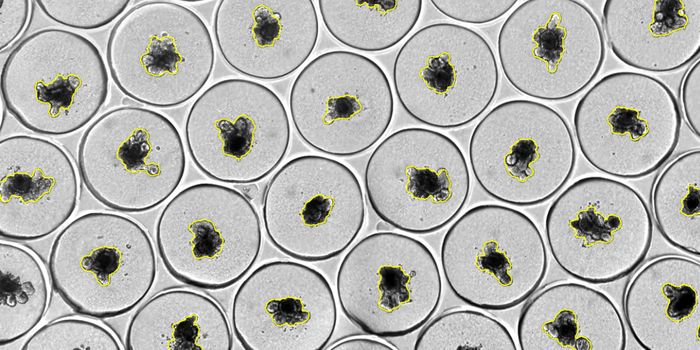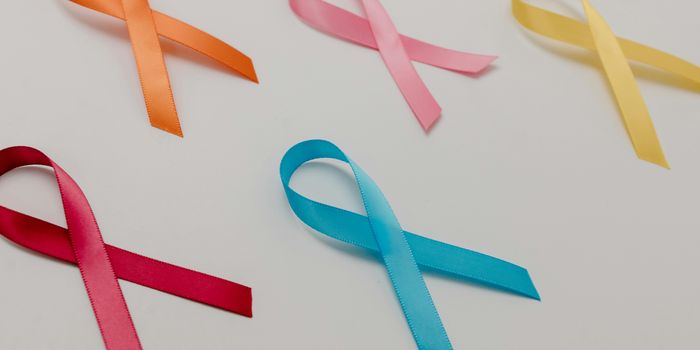Analyzing the role of our circadian clocks in prostate cancer
Research published recently in Nature Communications looks into the role that circadian rhythms play on prostate cancer progression. The study from Sidney Kimmel Cancer - Jefferson Health (SKCC) focuses specifically on a gene called CRY-1, which is known to be a gene associated with our circadian clocks.
"When we analyzed human cancer data, the circadian factor CRY-1 was found to increase in late-stage prostate cancers, and is strongly associated with poor outcomes," explains senior author Karen Knudsen, MBA PhD. "However, the role CRY-1 in human cancers has not been explored."
In their investigations, the researchers saw that CRY-1 was related to prostate cancer by way of its connection to androgen receptors. Prostate tumors need androgens in order to grow and evolve, which is why the most common treatment for prostate cancer is androgen suppression.
"This was a clear indication of CRY-1's link to prostate cancer," says first author Ayesha Shafi, PhD. "As we looked further into the role of CRY1, we unexpectedly found that the circadian factor was altering the way that cancer cells repair DNA." The authors say that by way of this mechanism, CRY-1 may be protecting cancer cells from therapies aimed to damage tumors.
This finding suggests that CRY-1 could be a therapeutic target for new drug development. "The fact that CRY-1 is elevated in late-stage prostate cancer may explain why androgen-targeting treatments become ineffective at those later stages," explains Dr. Shafi. "It also tells us that if a tumor has high levels of CRY-1, DNA repair targeting treatments may be less effective for them."
Dr. Knudsen adds: "Not only have we outlined a role for CRY-1 outside of its canonical function in circadian rhythms, but Dr. Shafi's findings are also the first to reveal the means by which CRY1 contributes to aggressive disease. It's notable that the pro-tumor functions of CRY1 may be viable targets to treat prostate cancer, and this is a direction that Dr. Shafi's future work will explore. It's been shown that circadian disruptions can affect the efficacy of treatment, but also that aligning treatment with the body's natural rhythms or giving therapy at certain times of the day can be beneficial. Our findings open up a multitude of important research questions exploring the link between the circadian clock and cancer."

Sources: Nature Communications, Eureka Alert








